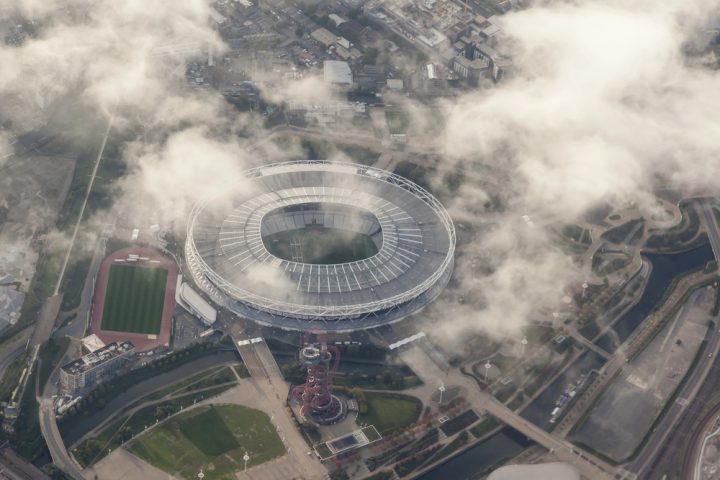Buying a home can feel like stepping into a maze of paperwork, deadlines and legal language. Conveyancing is a huge part of this process, as it is the legal process of transferring property ownership. When you instruct a qualified conveyancer, you gain more than a form-filler. You gain someone who spots risks you might overlook, prevents avoidable disputes and ensures the deal you’re signing is safe, valid and fully understood. Without that protection, the dream of home ownership can quickly turn into a costly mistake.
Legal Title, Searches & Hidden Liabilities
When you buy property, you need to be certain that what’s being sold is legally sound and free from unexpected obligations. A conveyancer examines the title deeds, verifies ownership, and checks the boundaries to confirm the seller has the right to sell. They also review rights of way, easements and any restrictive covenants that might limit how you use the property. By performing local authority, environmental, planning and drainage searches, they uncover issues such as road schemes, flood risk or unapproved building work.
Professional conveyancing can help identify potential issues that would otherwise go unnoticed until long after completion, such as an unregistered right of access or a covenant restricting extensions. A good conveyancer doesn’t just report problems back to you; they explain what they mean, negotiate with the seller’s solicitor, and ensure you understand any ongoing liabilities before you sign the contract.
Risk of Defects, Fraud & Skipping Steps
Many buyers try to cut costs by using unregulated or ultra-cheap conveyancing services, but this often proves more expensive in the long run. Hidden structural defects or missing planning approvals can all surface after completion, leaving you with little recourse.
A properly instructed conveyancer checks identification, verifies ownership through the Land Registry and manages client funds securely through regulated accounts. Reputable firms stress that conveyancing is not optional; it’s a safeguard against very real risks.
Regulatory Burdens, AML & Professional Oversight
Conveyancing in the UK carries strict obligations under anti-money laundering (AML) laws. Because property transactions can be used to hide illicit funds, conveyancers must verify client identities, check the source of funds and monitor suspicious activity. These safeguards protect both you and the integrity of the transaction. They also ensure that your purchase cannot later be challenged or frozen due to compliance failures.
Costs, Delays & Long Term Legal Protection
A thorough conveyancer may cost more initially, but that investment protects you from future disputes over boundaries, access rights or defective title. If problems arise later, say, a neighbour challenges your boundary or the property turns out to be unregistered, your solicitor’s due diligence and insurance can save you thousands.
Paying for proper conveyancing means paying for certainty, the peace of mind that your largest financial commitment rests on solid legal ground.







